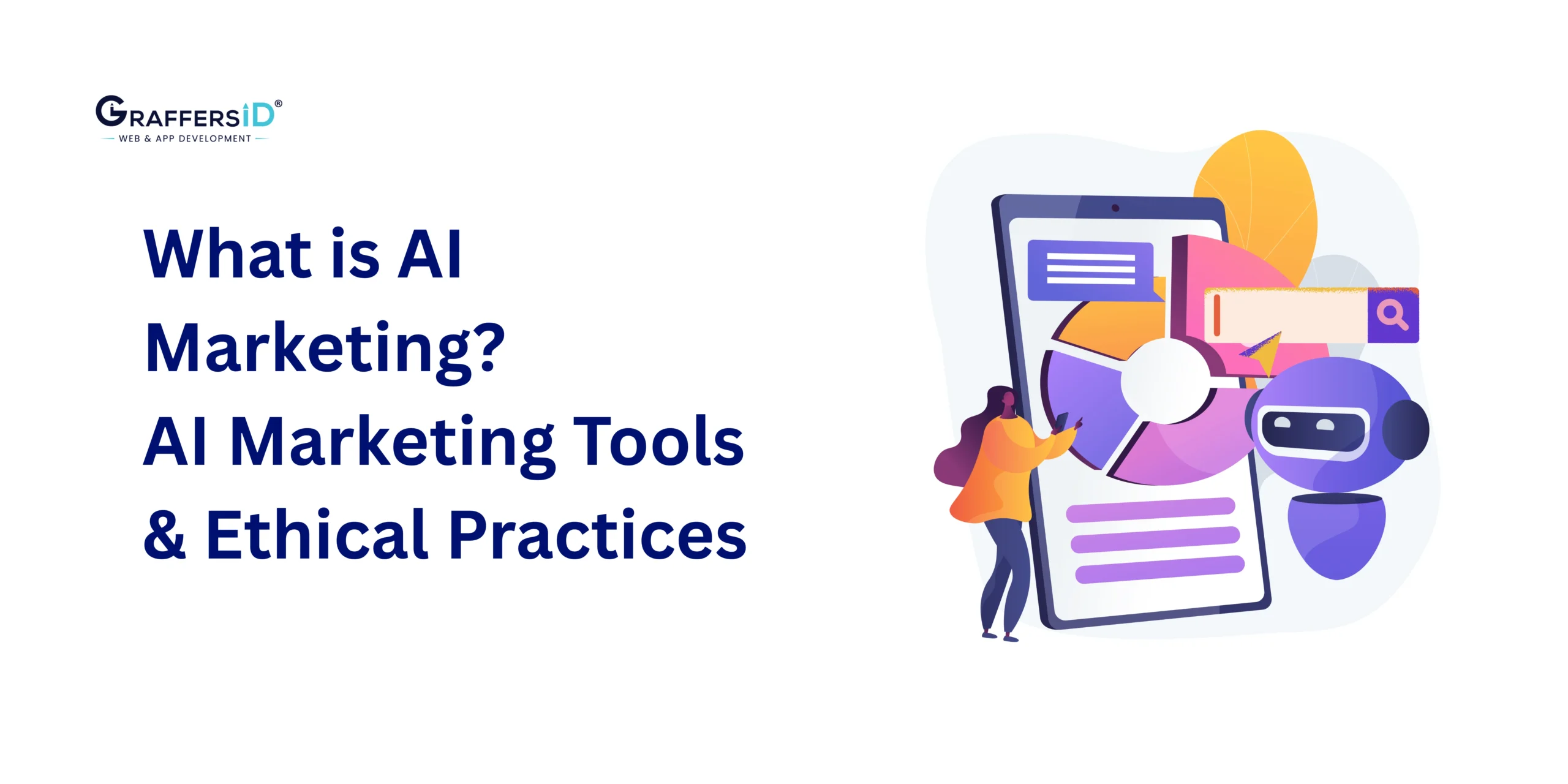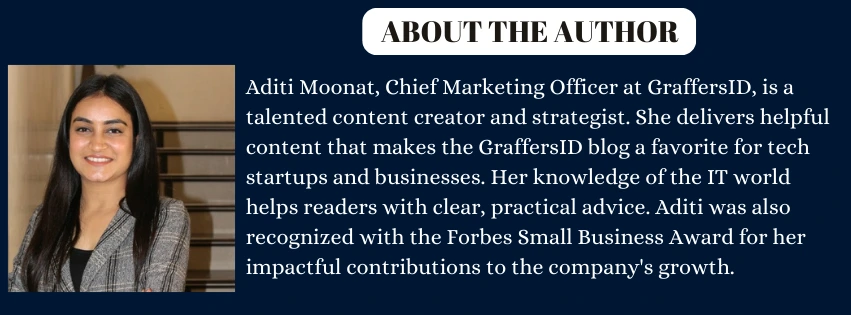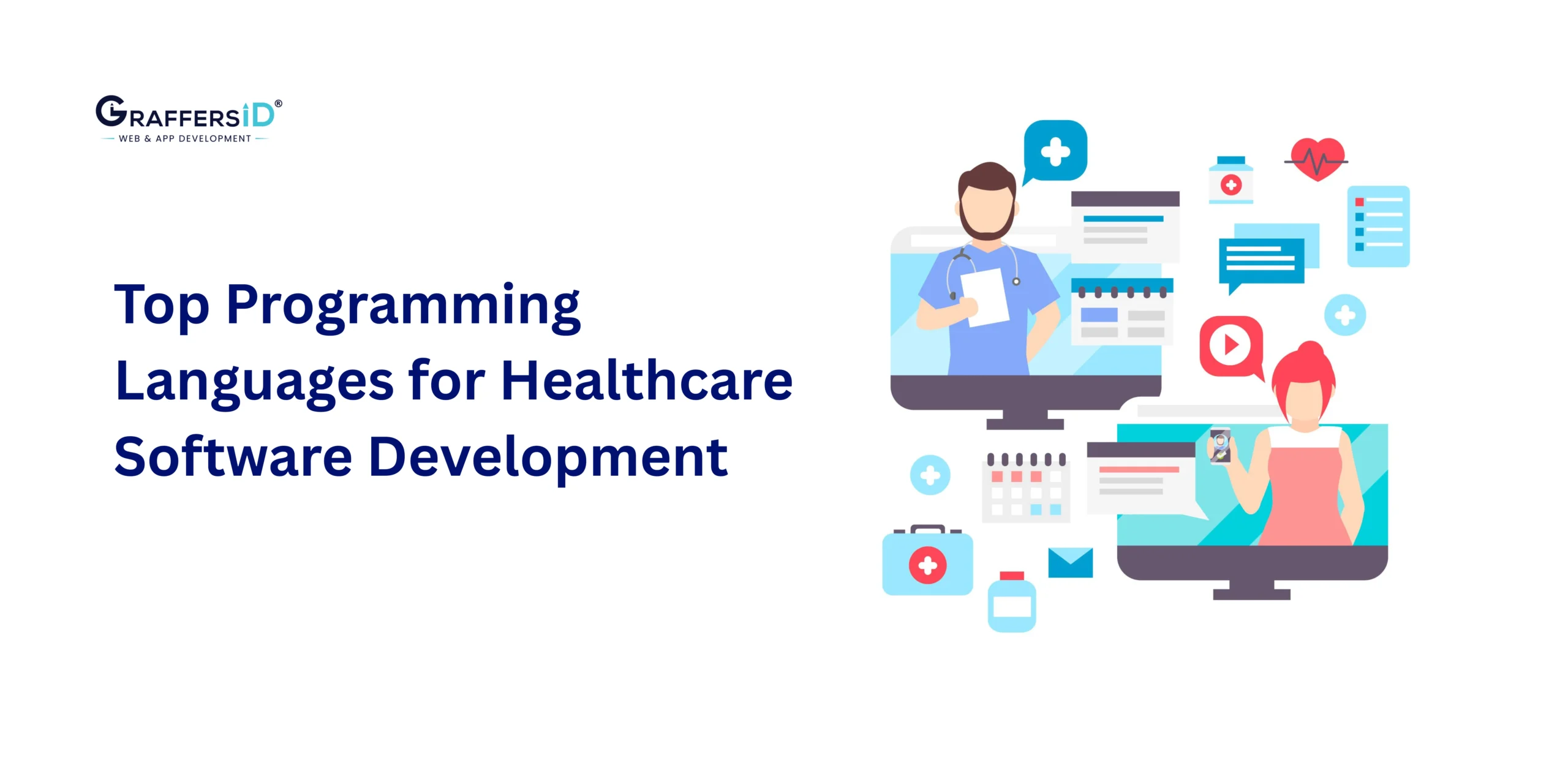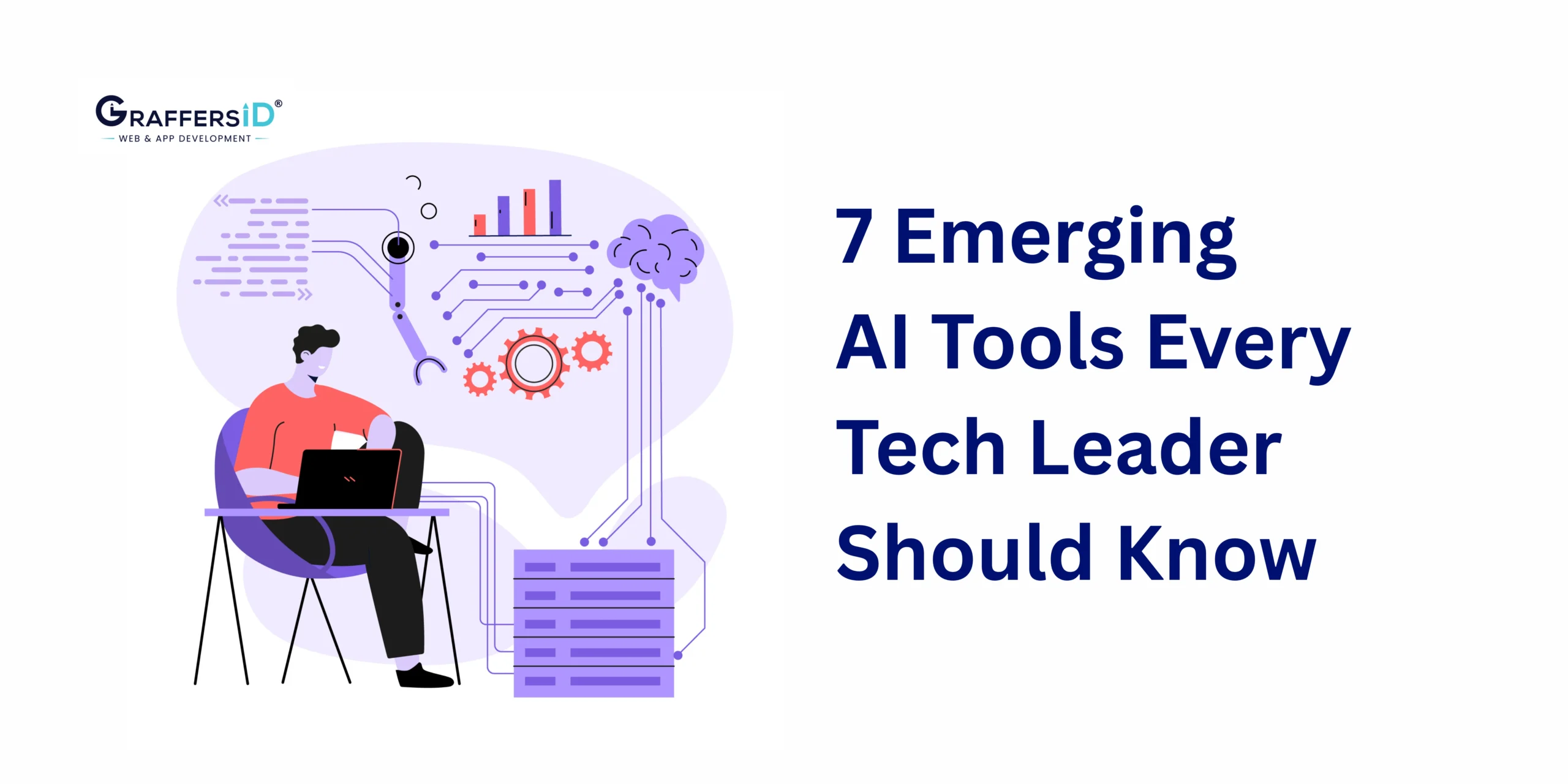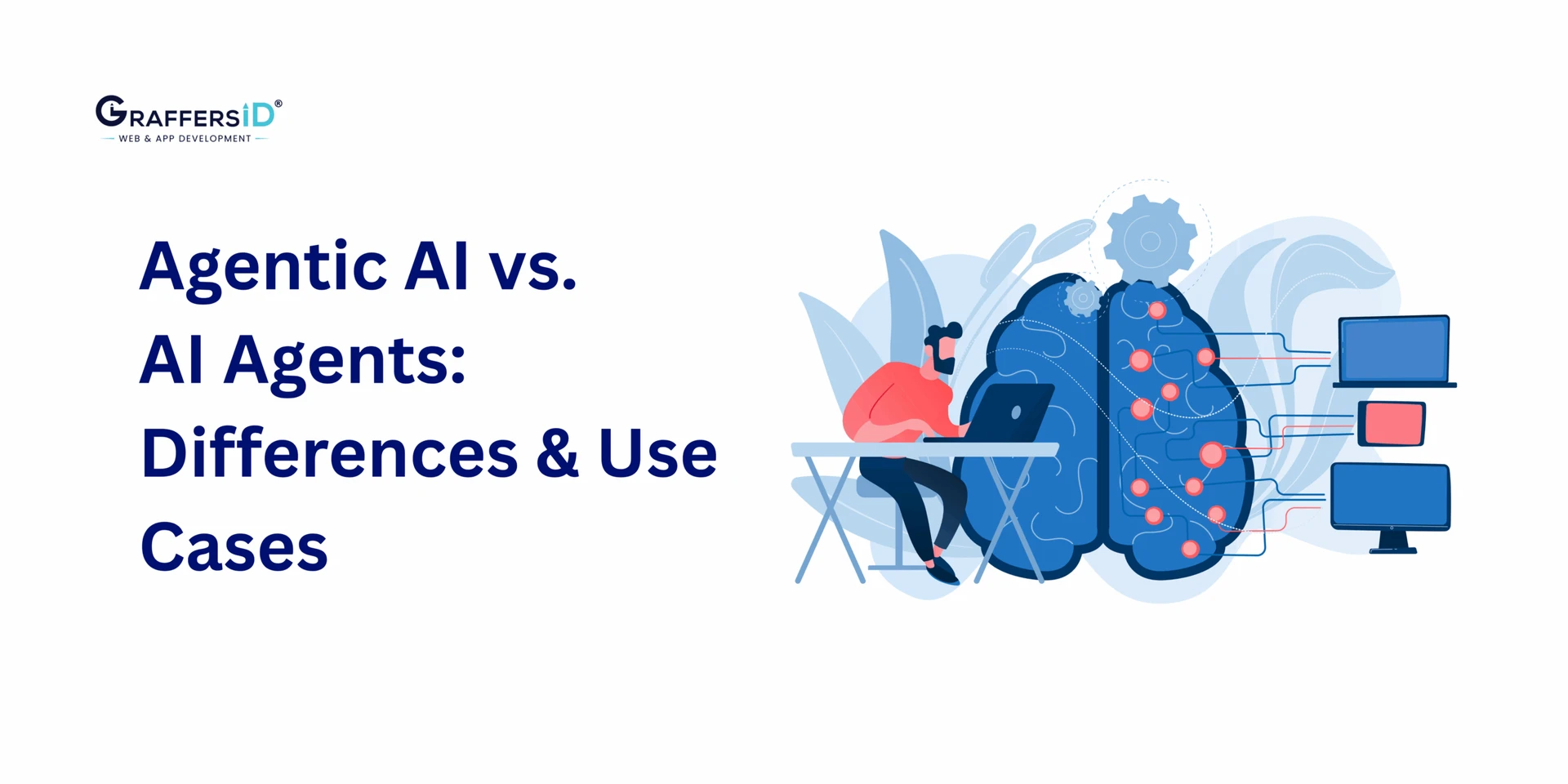Artificial Intelligence isn’t just transforming marketing in 2026; it’s redefining it. The conversation has shifted from “Should businesses use AI?” to the much bigger challenge: “How can we use AI in marketing responsibly, transparently, and at scale?”
Leading platforms like Salesforce Marketing Cloud, Adobe Experience Platform, and HubSpot AI are already proving how powerful AI can be. They’re helping businesses:
-
Deliver hyper-personalized customer journeys in real time.
-
Predict customer behavior with unmatched accuracy.
-
Automate campaigns across millions of touchpoints effortlessly.
Yet with this power comes a new set of challenges. As AI makes more decisions once made by humans, concerns around privacy, bias, and customer trust are growing louder.
In this blog, we’ll break down:
-
How AI is shaping modern marketing strategies.
-
Examples of top AI-powered marketing platforms in 2026.
-
Best practices for building trust with ethical AI in marketing.
How AI is Transforming Modern Marketing in 2026?
Artificial Intelligence has moved marketing beyond intuition and guesswork, enabling precision-driven strategies that deliver measurable results. Businesses today use AI to optimize every stage of the customer journey, from engagement to conversion.
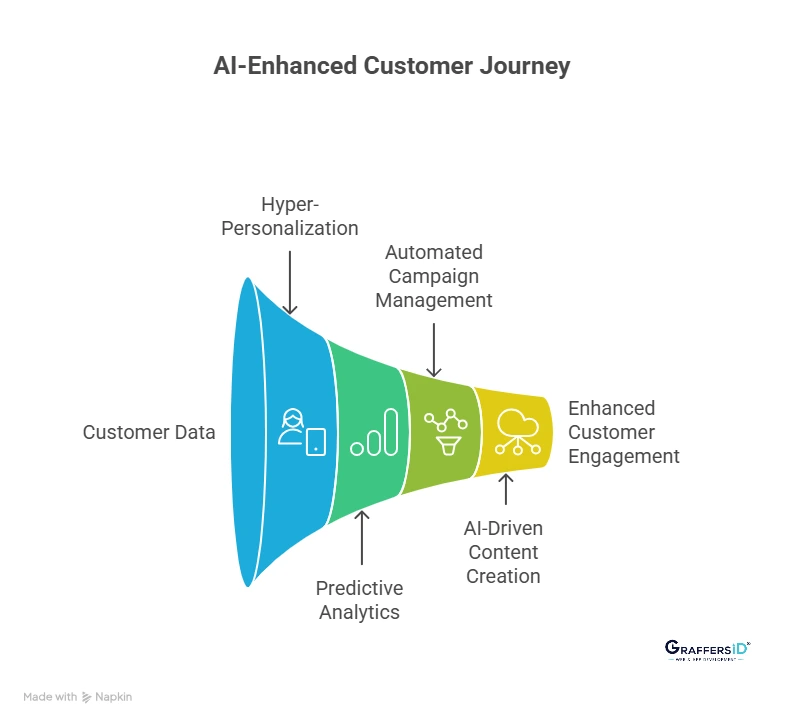
Key ways AI is reshaping marketing include:
-
Hyper-Personalization at Scale: AI delivers unique experiences for each customer in real time, tailoring recommendations, emails, and offers based on behavior, preferences, and context.
-
Predictive Analytics for Smarter Decisions: Forecast customer churn, identify upsell opportunities, and anticipate purchase intent to proactively shape campaigns.
-
Automated Campaign Management: Streamline email sequences, ad placements, and multi-channel journeys, saving time while maintaining high performance.
-
AI-Driven Content Creation: Generate subject lines, ad copy, social posts, and full campaign messaging quickly, without sacrificing relevance or engagement.
Top AI-Powered Marketing Platforms in 2026
AI is transforming marketing, but businesses have multiple options for leveraging it. Here are some of the leading AI-powered marketing platforms driving personalization, automation, and predictive insights:
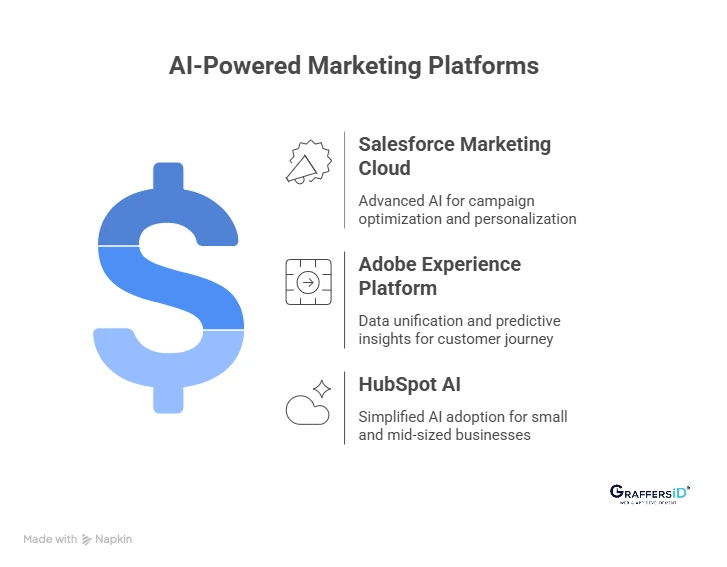
1. Salesforce Marketing Cloud
Salesforce Marketing Cloud has become a benchmark for AI-driven marketing. Its advanced AI capabilities help marketers create, optimize, and automate campaigns more efficiently than ever. Key features include:
-
Einstein GPT for Content Generation: Generates email copy, subject lines, and full campaign content in seconds, drastically reducing time-to-market.
-
Predictive Analytics: Identifies high-value leads, predicts churn, and recommends next-best actions, enabling marketers to prioritize efforts and improve conversion rates.
-
Journey Builder AI: Automates customer journeys by analyzing real-time behavior signals, creating dynamic experiences that adapt to each individual’s interactions.
Together, these features allow enterprises to deliver hyper-personalized experiences at scale while maintaining strategic oversight.
2. Adobe Experience Platform
Adobe Experience Platform combines data management with AI-powered analytics to provide a comprehensive view of the customer journey. Its AI capabilities focus on data unification, predictive insights, and transparency:
-
AI-Powered Customer Profiles: Unifies data from multiple sources to create a single, actionable customer profile for more accurate targeting.
-
Predictive Segmentation & Personalization: Uses AI models to forecast customer behavior, helping marketers tailor content and campaigns to maximize engagement.
-
Explainable AI: Prioritizes transparency in decision-making, ensuring marketers understand why AI recommends certain actions and maintain compliance with ethical standards.
This combination makes Adobe Experience Platform ideal for enterprises that need deep insights and responsible AI governance in their marketing strategies.
Read More: Data Privacy in the AI Era: How to Protect Your Personal Information Online in 2026
3. HubSpot AI
HubSpot AI focuses on helping small and mid-sized businesses adopt AI-driven marketing without the complexity of large enterprise platforms. Its AI features support both automation and customer engagement:
-
Email Optimization & Campaign Prediction: AI analyzes past performance to suggest subject lines, send times, and content strategies that drive higher open and click-through rates.
-
AI-Powered Chatbots: Provide conversational automation for customer support, lead qualification, and engagement across multiple channels.
-
Scalable AI Adoption: Designed for businesses that want AI benefits without investing heavily in enterprise infrastructure or complex integrations.
HubSpot AI offers a simplified entry point for businesses aiming to harness AI while maintaining efficiency and cost-effectiveness.
Why is Ethical AI in Marketing Important in 2026?
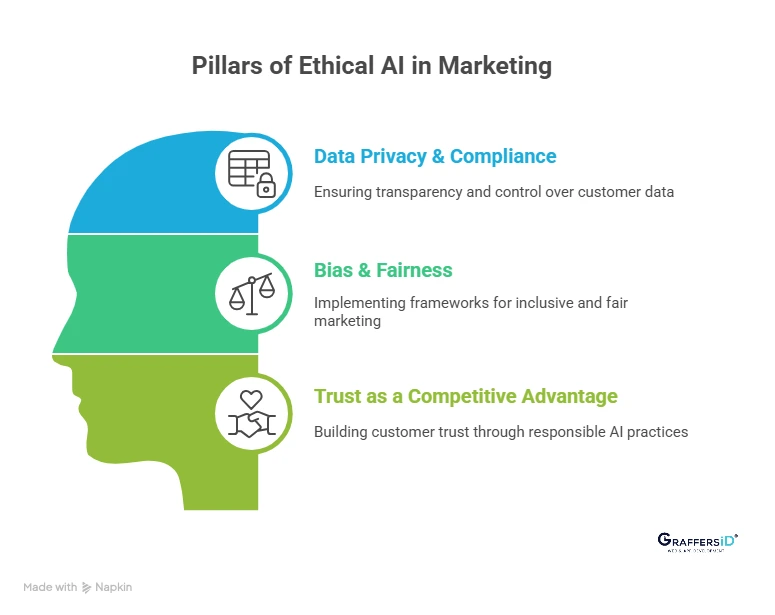
1. Data Privacy & Compliance
With stricter regulations like GDPR, CCPA, and the upcoming AI Act, brands must be transparent about how they collect and use customer data. Customers now expect full control over their personal information and how it influences marketing.
2. Bias & Fairness
AI models trained on historical data can unintentionally exclude certain groups or reinforce stereotypes. Implementing ethical AI frameworks ensures marketing remains inclusive, fair, and compliant.
3. Trust as a Competitive Advantage
Brands that are transparent about AI-driven decisions gain customer trust and loyalty. Responsible AI isn’t just ethical; it’s a strategic advantage for building long-term, trust-driven relationships.
Best Practices for Using AI in Marketing (2026)
To use AI effectively while maintaining trust and transparency, businesses should follow these key practices:
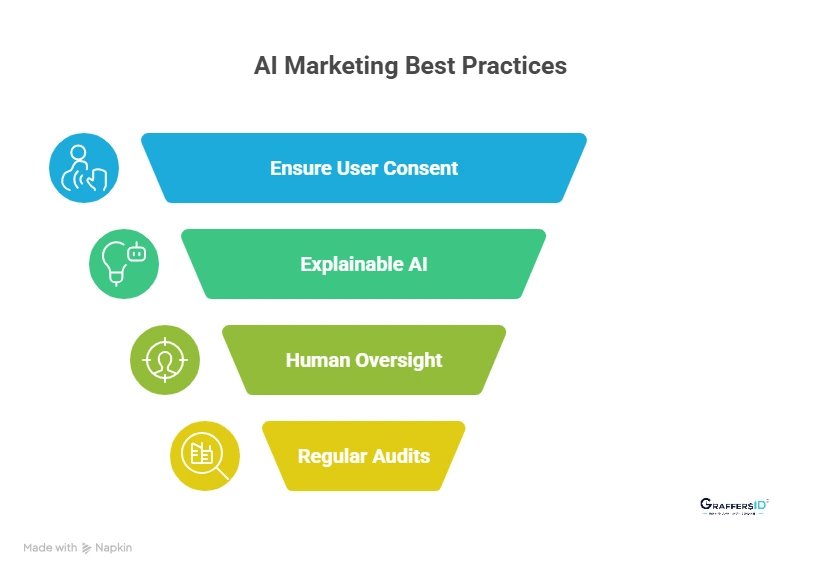
1. Collect Only Essential Data
Focus on minimal, relevant data and always honor user consent. Avoid over-collection and clearly communicate how customer information will be used.
2. Ensure Explainable AI
AI-driven decisions should be auditable, transparent, and easy to understand. Explainable AI helps marketers justify recommendations and build trust with customers.
3. Maintain Human Oversight
Automation can handle scale, but humans should remain in control of critical decisions such as personalization, pricing, and offers. A human-in-the-loop approach ensures ethical and context-aware AI use.
4. Conduct Regular Audits
Continuously monitor AI systems for bias, accuracy, and compliance with data regulations. Regular audits prevent unintended outcomes and protect both brand reputation and customer trust.
Conclusion
By 2026, AI is no longer just a marketing trend; it’s a strategic necessity. Leading platforms like Salesforce Marketing Cloud, Adobe Experience Platform, and HubSpot AI demonstrate the power of AI to personalize campaigns, predict customer behavior, and automate at scale.
Ethical, transparent, and human-centered AI ensures customers feel valued, understood, and respected. Businesses that ignore this risk lose loyalty, reputation, and long-term growth.
Looking to implement AI-powered marketing responsibly? GraffersID helps businesses build custom AI solutions, automation tools, and personalization engines that scale ethically and transparently.
